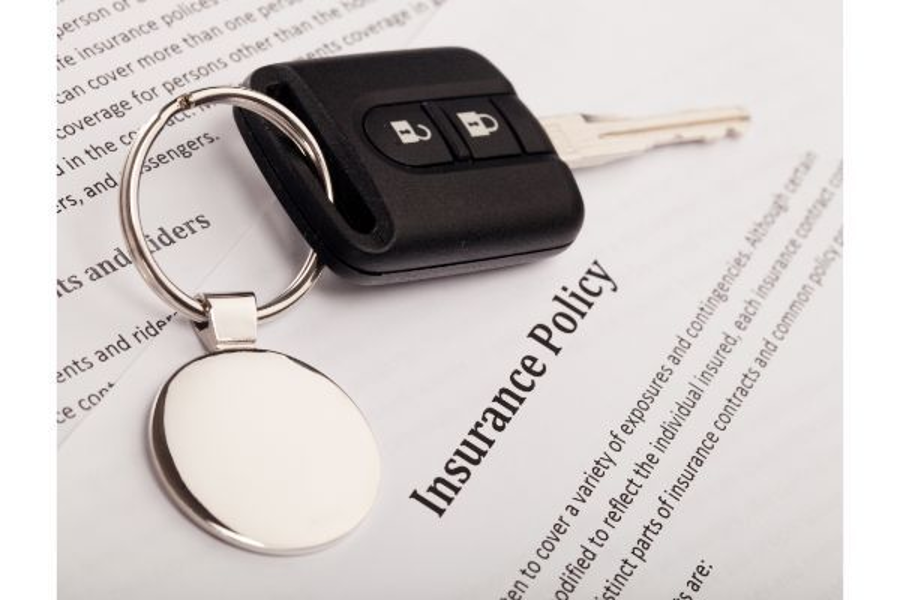When the need arises, what should Pennsylvanians consider in choosing a personal injury attorney? Knowledge of the law and extensive experience should be at the top of the list of desired qualifications. Since the attorneys at Powell, Zero, Mundy is a law firm with a legacy dating back to 1906, our attorneys have litigated all types of personal injury cases. Whatever the circumstantial cause of an accident, the chances are we’ve seen and litigated it. Our knowledge and experience clearly provide our clients with a unique and unsurpassed advantage.
Pennsylvania enacted several changes to its auto insurance system in the last quarter of the 20th Century. In 1990, the Pennsylvania Motor Vehicle Financial Responsibility Law (MVFRL) required that insurance carriers issuing private passenger motor vehicle insurance policies for vehicles registered in Pennsylvania provide residents with more cost-efficient insurance to resident motorists.
This less expensive measure known as the “limited tort option” limits the rights of the named insureds and other parties qualifying as insureds under the terms of its policy. Specifically, these insured parties may only sue for non-economic damages such as pain and suffering in accidents where they suffer a “serious injury.”
Motorists who choose the limited tort option still may sue for any unreimbursed economic losses such as medical expenses or lost earnings exceeding the amount of available first-party benefits coverage, property damage, and other out-of-pocket losses.
Thus, a motorist who carries a limited-tort automobile insurance policy may only sue for noneconomic losses when he or she suffers a “serious injury,” defined as “death, serious impairment of body function, or permanent serious disfigurement.”
The alternative “full tort option” permits the plaintiff to sue in tort not only for all unreimbursed economic losses but also for pain and suffering without regard to the severity of the injuries suffered. The applicable tort option chosen by a motorist may have a significant impact upon the value of claims and, in some cases, serve to extend the governing statute of limitations.
The full tort and limited tort automobile insuranceoptions instituted by the state of Pennsylvania basically allow auto insurance companies in Pennsylvania to sell a program of auto insurance that offers fewer benefits. If Pennsylvania motorists want insurance that offers full coverage auto insurance, they must pay 15-20% more for it.
Pennsylvania also enacted mandatory personal injury protection (PIP) insurance coverage. The provision requiring PIP coverage was implemented to reduce the number of pain and suffering lawsuits, thereby decreasing insurance company accident payouts and, consequently, insurance premiums. Pennsylvania drivers are required to have $5,000 of “medical benefits” coverage or PIP. This insurance pays for the medical bills of drivers involved in an accident, regardless of fault.
Limited tort coverage is less expensive, so it is appealing to consumers as a way to save on their insurance premiums approximately 15-20% annually. Because Pennsylvania adheres to a no-fault auto insurance system, a driver’s own insurance policy is the primary source of coverage after a car accident.
In every instance that a claim is filed under a limited tort policy rather than a full tort policy, an insurance company significantly saves money and generates more profits. Drivers save some money on monthly premiums with a limited tort policy but may sacrifice thousands of dollars of a potential claim’s value if they ever sustain injuries in a motor vehicle accident.

